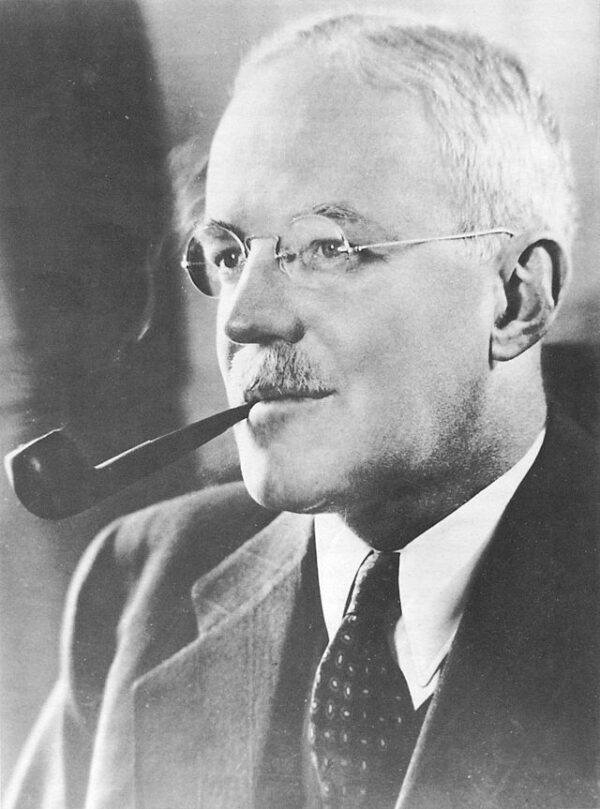Project MKUltra was a clandestine and controversial CIA program that delved into the realm of mind control. Conducted during the Cold War era, primarily in the 1950s and 1960s, the program aimed to develop techniques and substances to enhance interrogation methods, extract confessions, and ultimately manipulate individuals’ mental states for espionage purposes.
On April 13, 1953, the project was officially sanctioned, marking a pivotal moment in its covert operations. Led by chemist Sidney Gottlieb, MKUltra deployed various methods, including the administration of psychoactive drugs, hypnosis, sensory deprivation, and psychological torture. The program operated under a veil of secrecy, with many of its activities conducted without the knowledge or consent of the subjects involved.
One of the most infamous aspects of MKUltra was its experimentation with LSD, a powerful hallucinogenic drug. Under the guise of medical research, unsuspecting individuals, including prisoners, mental patients, and even CIA employees, were subjected to LSD without their consent. These experiments aimed to explore the drug’s potential for inducing mind control, altering behavior, and extracting information.
However, the ethics of MKUltra’s methods were highly questionable, raising serious concerns about human rights violations and the exploitation of vulnerable populations. Many of the subjects suffered severe psychological trauma as a result of their experiences, with some enduring lasting effects.
In addition to drug experimentation, MKUltra also explored other mind control techniques, such as hypnosis and sensory deprivation. Subjects were subjected to prolonged periods of isolation, sensory overload, and extreme stress to break down their mental defenses and facilitate manipulation. These methods were often accompanied by psychological torture, including verbal abuse, threats, and humiliation.
Despite its extensive efforts, MKUltra ultimately failed to achieve its goals. Ethical dilemmas, scientific limitations, and internal disputes plagued the program. In the early 1970s, the project became scrutinized, leading to congressional investigations and public outcry.
The existence of MKUltra was officially exposed during Senate hearings led by Senator Frank Church in 1976. The revelations shocked the public and sparked widespread condemnation of the CIA’s actions. In the aftermath, the agency was forced to dismantle the program and publicly apologize for its actions.
However, many questions surrounding MKUltra remain unanswered, and the full extent of its activities may never be known. The program’s legacy continues to haunt the field of psychology and raises important ethical considerations regarding the limits of scientific experimentation and the protection of human rights.






